Human has been striving to make his surrounding pleasing to his senses since the earliest time. Although, his sense perception in that age had not been as discerning as of the modern person, yet the innate sense of beauty was natural to him. That is why we feel an invisible umbilical link between the primitive and the modern creative process. In the present study, that invisible link has been explored: the unlettered and unnoticed country folks have been the humble and unassuming couriers of that process from the primitive age to our times. This phenomenon has been universally similar. In most of the developed and developing countries, either that intermediate link has been swept away by the winds of changes or that is verging on extinction.
However, in India that link is still vibrant in its nostalgic charm and pristine purity in the folk paintings of the indigenous communities and rural folks. In the present study, THE COLOURS OF EARTH, an attempt has been made to discover, collate and study in depth every aspect of that folk creative process to establish its importance, relevance and dignity in the modern scenario lest that should also be swept away by the winds of market culture.
Spread in eight chapters and written in a very lucid diction, this book presents a comprehensive study of the Indian folk painting. The book is illustrated with 82 line drawings and 78 colour plates. Besides, two very important appendices, one on the Art of Tattooing and the other on the Cow dung and its Significance, further add to its importance.

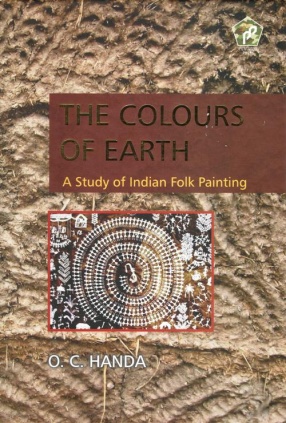
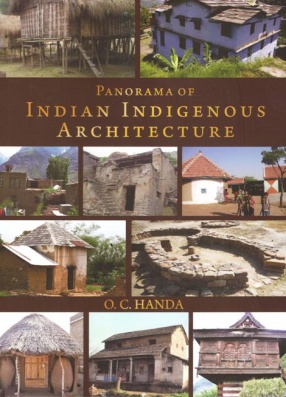
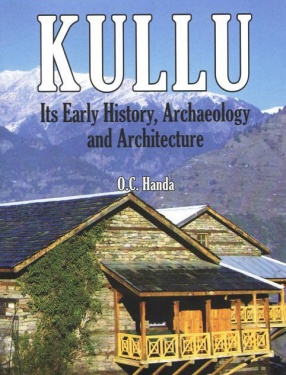
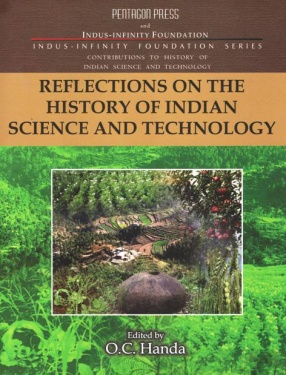
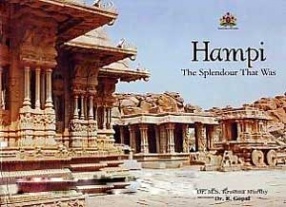
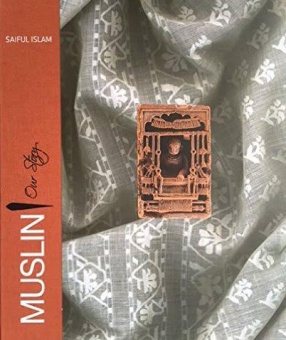
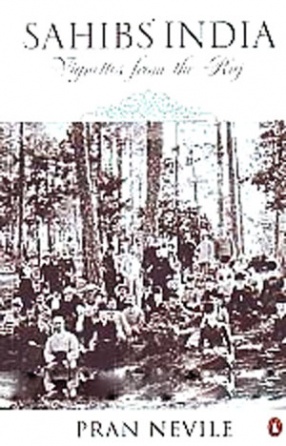
There are no reviews yet.